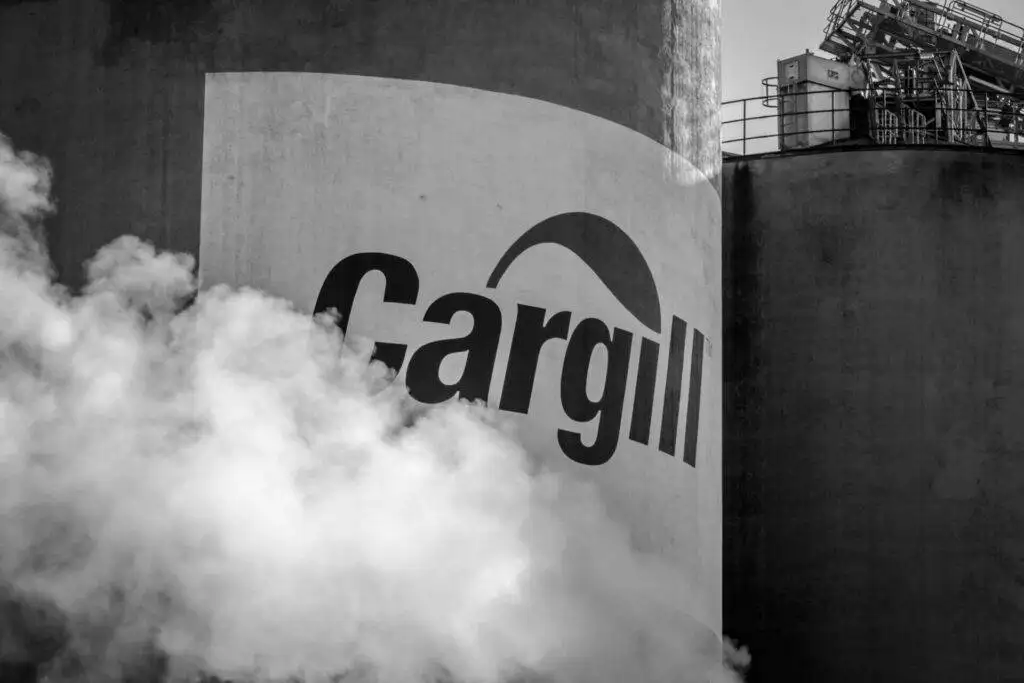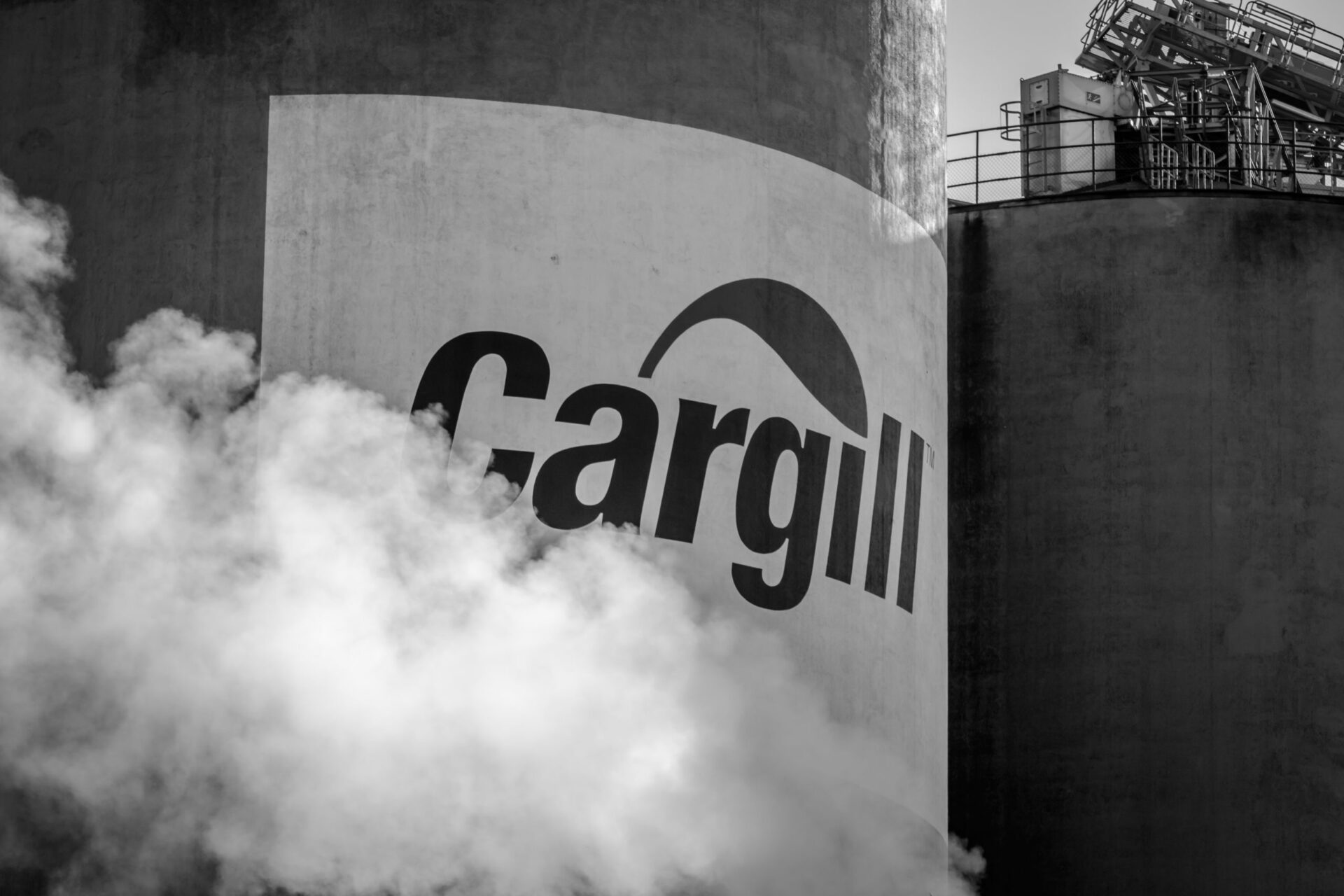Expanding Legal Battle: River Wye Pollution Claim Targets Cargill Plc
Introduction: A legal battle over pollution in the river Wye catchment has escalated with the inclusion of multinational food producer Cargill Plc in a multi-million-pound civil claim. This development marks a significant turn in the ongoing efforts to address environmental concerns stemming from industrial poultry farming.
Avara Foods Ltd: Initial Defendant in the Claim Originally, the focus of the claim rested on Avara Foods Ltd, a prominent chicken and turkey production company operating within the river Wye catchment. Avara was the first defendant named in the group claim launched by law firm Leigh Day in March of this year, signaling the beginning of a complex legal process aimed at holding responsible parties accountable for environmental damage.
Expanding the Scope: Cargill Plc’s Involvement The inclusion of Cargill Plc, the parent company of Avara Foods Ltd, marks a significant expansion of the legal action. Leigh Day, the legal firm spearheading the claim, contends that Cargill Plc should share responsibility for pollution in the river Wye due to its involvement in sourcing soybeans used in phosphorus-rich chicken feed utilized by Avara’s contracted farms.
Environmental Impact: Phosphorus Pollution in the River Wye Central to the legal argument is the assertion that industrial-scale chicken farming is a primary contributor to phosphorus pollution in the river Wye. Last year, official assessments resulted in the downgrading of the river Wye and its tributary, the river Lugg, to an “unfavourable-declining” status, highlighting the severity of the environmental degradation.
Legal Precedent: Cargill Plc’s History of Environmental Claims Cargill Plc’s inclusion in the claim draws upon its past legal battles in the United States concerning environmental pollution linked to intensive poultry farming. The company has faced similar allegations regarding pollution of the Illinois River, underscoring a pattern of environmental concerns associated with its operations.
Legal Perspective: Leigh Day’s Position Oliver Holland, a partner at Leigh Day leading the case, emphasizes the firm’s commitment to holding accountable entities responsible for environmental damage. He asserts that Cargill Plc’s actions in importing and processing phosphorus-rich soybeans demonstrate a disregard for environmental consequences, echoing past legal challenges faced by the company in the United States.
Seeking Accountability: Implications for Cargill Plc The decision to include Cargill Plc in the legal action underscores the broader implications for multinational corporations operating within the food production industry. As scrutiny intensifies on environmental practices, companies like Cargill Plc face heightened pressure to address and mitigate their impact on ecosystems and waterways.
Conclusion: A Call for Corporate Responsibility The extension of the legal claim to include Cargill Plc represents a pivotal moment in the fight against environmental degradation in the river Wye catchment. By holding multinational food producers accountable for their role in exacerbating pollution, stakeholders are sending a clear message about the importance of corporate responsibility in safeguarding natural ecosystems for future generations.
Related: Widening Feed Recalls Impact ADM & Cargill

Source: ENDS


